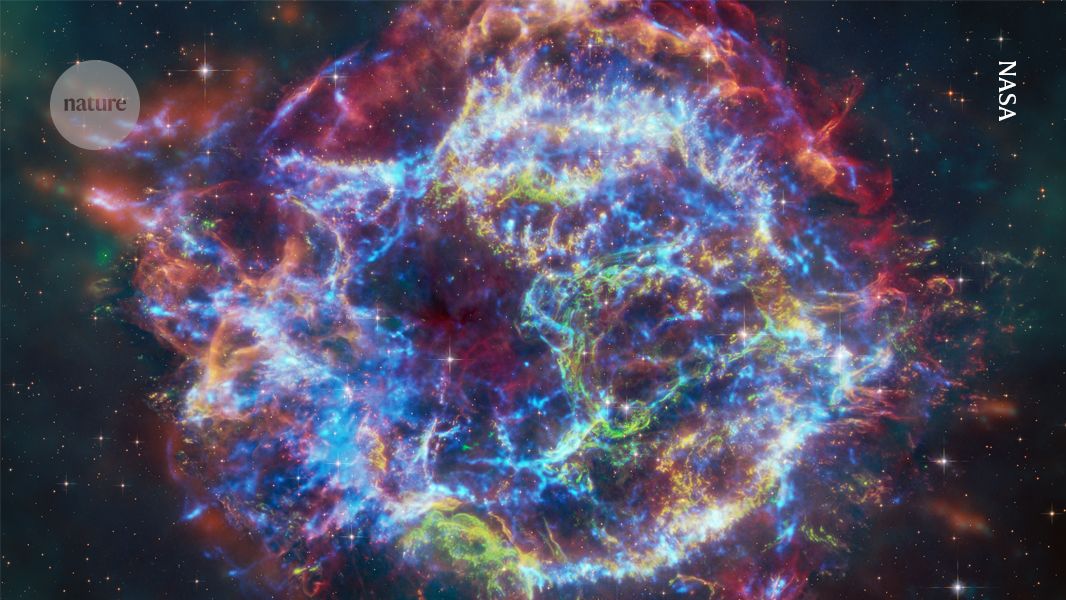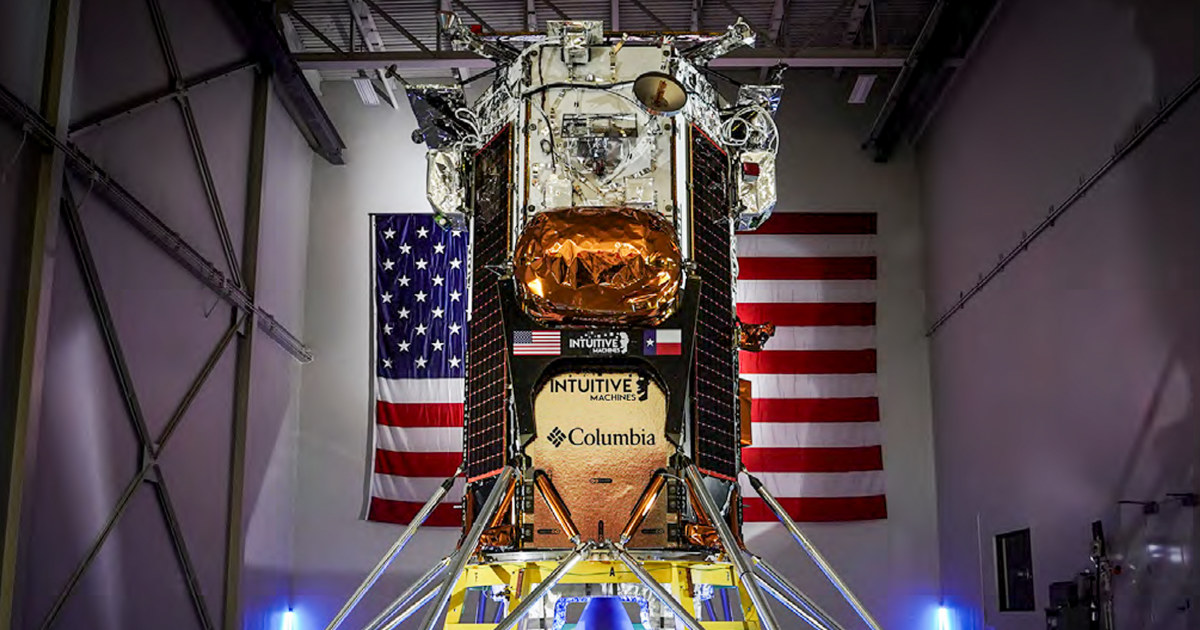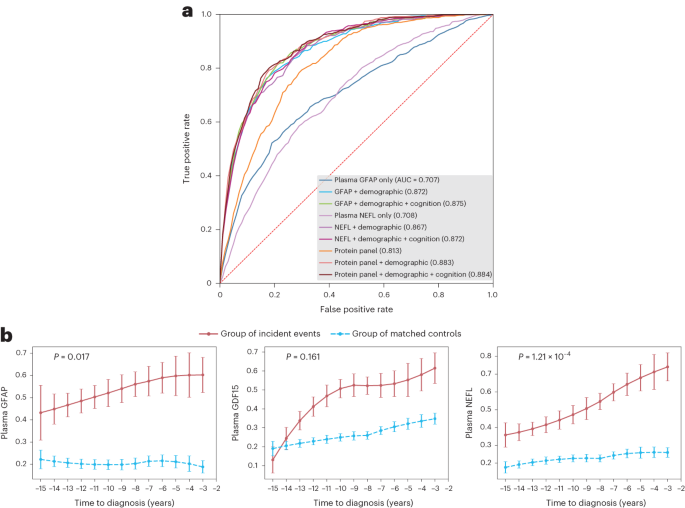- Science Simplified
- Posts
- This week in science
This week in science
Happy Wednesday morning! Thanks for joining in for yet another week of science.

Neuralink was specifically approved to implant their devices in quadriplegic volunteers with little to no control over their limbs. In theory, the devices will let these people connect with other devices, such as phones or wheelchairs, and control them remotely.
Brain computer interfaces have been in the works for a long time in academic settings. We’ll see if Neuralink can take them to the commercial level and make people’s lives a little bit better.
I’m a believer that brain computer interfaces will make a massive impact, I’m just not convinced this is the one. We’ll see, I’m excited to see how far they make it!
You know I love a good image! Check out some galaxies, immune cells, and cute seals here.
Intuitive Machines is trying to become the first private company in history to land on the moon. Only 4 countries have ever done it, and no private company has ever got their hands on a nice moon rock. They’re participating in NASAs “Commercial Lunar Payload Services” program that exists to try and help private companies get to space.
There’s been multiple botched attempts in the last few years, but no successful ones. They’re taking off tomorrow (Thursday), check back in 24 hours and see how they did.
One of the most difficult parts of dementia is diagnosing it. Predicting if someone will get dementia in advance would let the person start taking preventative measures and possibly help prevent or lessen the eventual symptoms.
This study looked at blood protein levels of patients to try and find a correlation to dementia risk. They found a handful of proetins that together accurately predicted dementia onset even 10 years in advance (GFAP, NEFL, GDF15, and LTBP2 for you bio aficionados).
Studies like this one pave the way for dementia-blood tests. The easiest way to treat a disease is to find it early, and blood tests are a great way.
That’s it for this week!
See you next week for more science,
Neil


If you liked this post and want to keep getting cool science delivered to you, sign up for free:




Reply